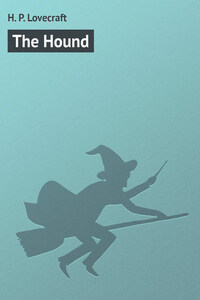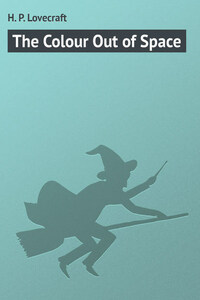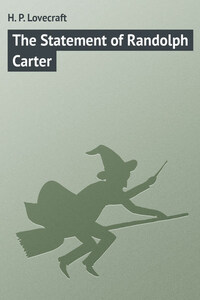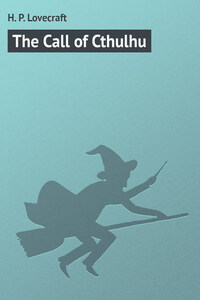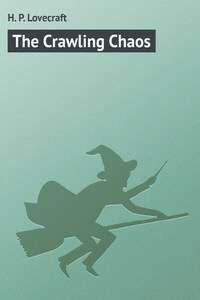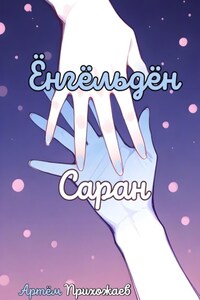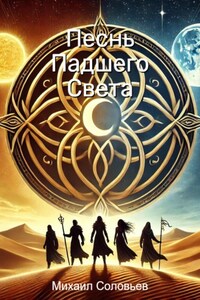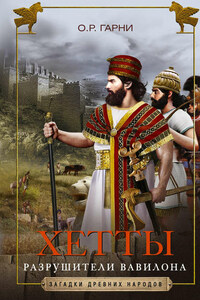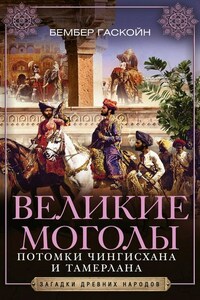In my tortured ears there sounds unceasingly a nightmare whirring and flapping, and a faint distant baying as of some gigantic hound. It is not dream – it is not, I fear, even madness – for too much has already happened to give me these merciful doubts.
St John is a mangled corpse; I alone know why, and such is my knowledge that I am about to blow out my brains for fear I shall be mangled in the same way. Down unlit and illimitable corridors of eldrith phantasy sweeps the black, shapeless Nemesis that drives me to self-annihilation.
May heaven forgive the folly and morbidity which led us both to so monstrous a fate! Wearied with the commonplaces of a prosaic world; where even the joys of romance and adventure soon grow stale, St John and I had followed enthusiastically every aesthetic and intellectual movement which promised respite from our devastating ennui. The enigmas of the symbolists and the ecstasies of the pre-Raphaelites all were ours in their time, but each new mood was drained too soon, of its diverting novelty and appeal.
Only the somber philosophy of the decadents could help us, and this we found potent only by increasing gradually the depth and diablism of our penetrations. Baudelaire and Huysmans were soon exhausted of thrills, till finally there remained for us only the more direct stimuli of unnatural personal experiences and adventures. It was this frightful emotional need which led us eventually to that detestable course which even in my present fear I mention with shame and timidity – that hideous extremity of human outrage, the abhorred practice of grave-robbing.
I cannot reveal the details of our shocking expedition, or catalogue even partly the worst of the trophies adorning the nameless museum where we jointly dwelt, alone and servantless. Our museum was a blasphemous, unthinkable place, where with the satanic taste of neurotic virtuosi we had assembled an universe of terror and a secret room, far, far, underground; where huge winged daemons carven of basalt and onyx vomited from wide grinning mouths weird green and orange light, and hidden pneumatic pipes ruffled into kaleidoscopic dances of death the line of red charnel things hand in hand woven in voluminous black hangings. Through these pipes came at will the odors our moods most craved; sometimes the scent of pale funeral lilies; sometimes the narcotic incense of imagined Eastern shrines of the kingly dead, and sometimes – how I shudder to recall it! – the frightful, soul-upheaving stenches of the uncovered-grave.
Around the walls of this repellent chamber were cases of antique mummies alternating with comely, lifelike bodies perfectly stuffed and cured by the taxidermist’s art, and with headstones snatched from the oldest churchyards of the world. Niches here and there contained skulls of all shapes, and heads preserved in various stages of dissolution. There one might find the rotting, bald pates of famous noblemen, and the flesh and radiantly golden heads of new-buried children.
Statues and painting there were, all of fiendish subjects and some executed by St John and myself. A locked portfolio, bound in tanned human skin, held certain unknown and unnameable drawings which it was rumored Goya had perpetrated but dared not acknowledge. There were nauseous musical instruments, stringed, brass, wood-wind, on which St John and I sometimes produced dissonances of exquisite morbidity and cacodaemoniacal ghastliness; whilst in a multitude of inlaid ebony cabinets reposed the most incredible and unimaginable variety of tomb-loot ever assembled by human madness and perversity. It is of this loot in particular that I destroy it long before I thought of destroying myself!
The predatory excursions on which we collected our unmentionable treasures were always artistically memorable events. We were no vulgar ghouls, but worked only under certain conditions of mood, landscape, environment, weather, season, and moonlight. These pastimes were to us the most exquisite form of aesthetic expression, and we gave their details a fastidious technical care. An inappropriate hour, a jarring lighting effect, or a clumsy manipulation of the damp sod, would almost totally destroy for us that ecstatic titillation which followed the exhumation of some ominous, grinning secret of the earth. Our quest for novel scenes and piquant conditions was feverish and insatiate – St John was always the leader, and he it was who led the way at last to that mocking, accursed spot which brought us our hideous and inevitable doom.
Конец ознакомительного фрагмента. Полный текст доступен на www.litres.ru
